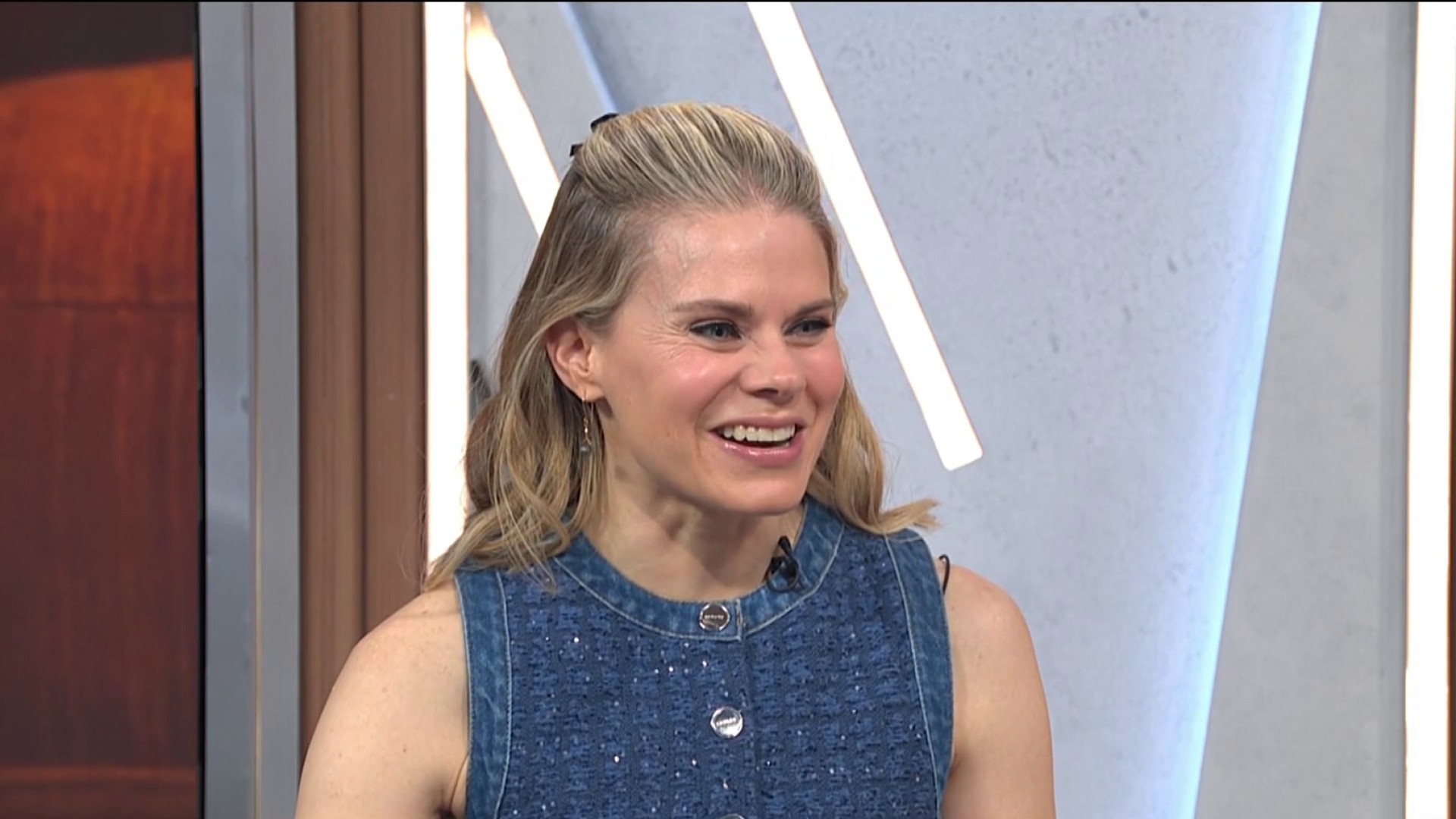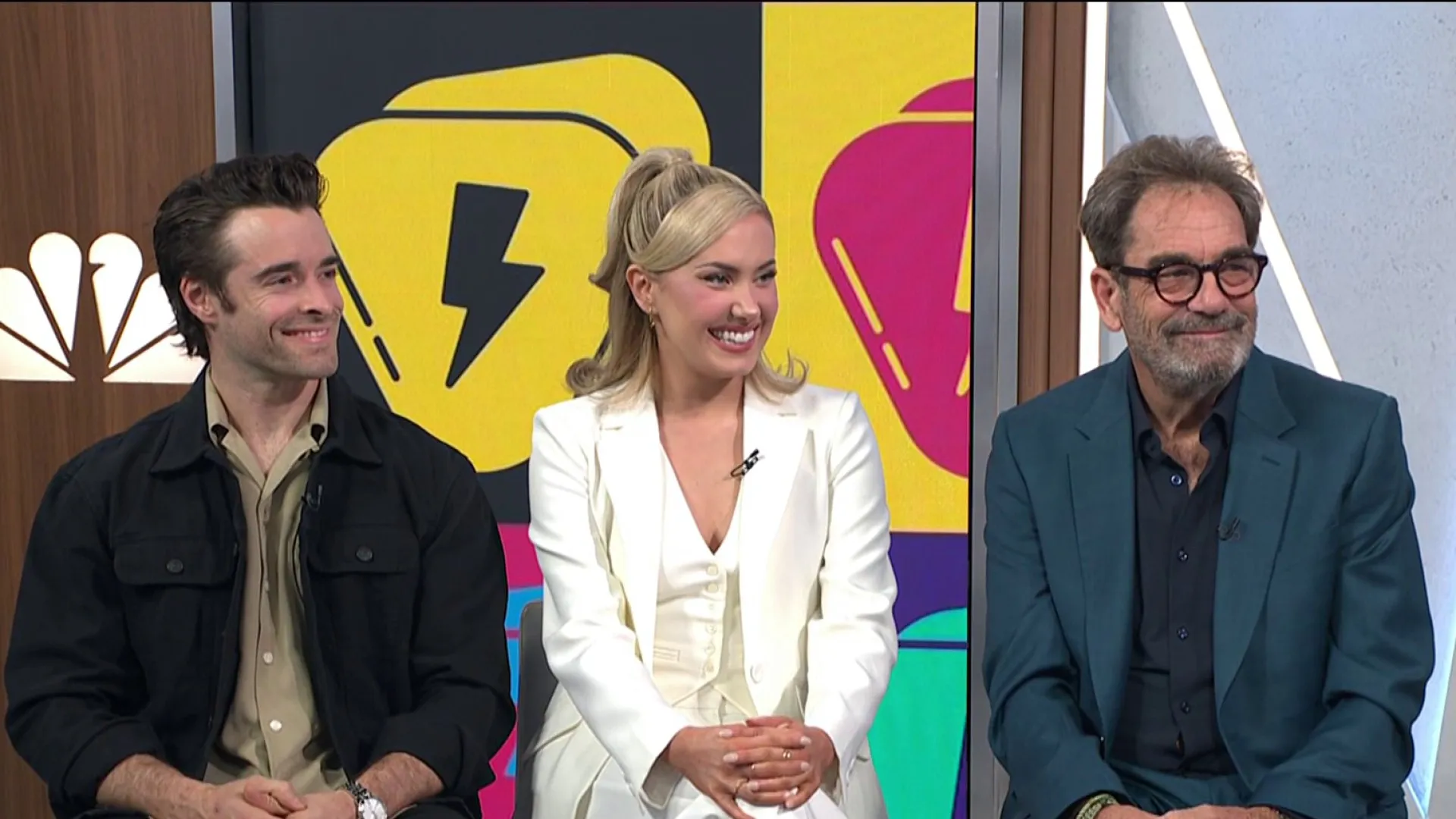Theater legend George C. Wolfe aims to right a historical wrong with “Shuffle Along,” a new musical—and it sure feels new, despite what a key producer is arguing—about the making of an often-overlooked show credited in certain circles with starting the Harlem Renaissance.
Conceived by a foursome of vaudeville veterans, “Shuffle Along” arrived on Broadway in 1921. Though beset by financial difficulties on the road, it would run for some 500 performances at the 63rd Street Theatre, launching the careers of, among many, Paul Robeson and Josephine Baker, who appeared in a touring production.
“Shuffle Along” was groundbreaking in its depiction of intimate emotional relationships between African-Americans, and for its integrated audience seating. Yet while one song (“I’m Just Wild About Harry”) has lingered in the popular canon, how many of us can instantly trace it back to that musical?
Wolfe has essentialy said: "That's not so honorable." The amalgam of backstory and revival that opens tonight at the Music Box (a telling subtitle is noted at the end of this review) is a passion project for the former shepherd of the Public Theatre, who directs and has crafted a new libretto about the musical’s innovations and impact on theater, hoping to introduce it to new audiences.
To be clear, this is not a revival of the original, with its thinnish story about a small-town mayoral race.
Wolfe employs the finest Broadway talent to play the quartet of creators: composers Eubie Blake and Noble Sissle (Brandon Victor Dixon and Joshua Henry), and writers F.E. Miller and Aubrey Lyles (Brian Stokes Mitchell and Billy Porter).
Dixon’s Blake is the easy-going peacemaker of the group. Henry, as Sissle, relishes the feeling of power that comes with success. As the “Shuffle” story writers, Mitchell and Porter are, respectively, the practical one, and the angry man with a chip on his shoulder.
Broadway
Miller sees performing in blackface as an undesirable, but necessary compromise. Porter gets the best lines, like when he complains about the semi-marginalized, northern location of the "Broadway" venue where “Shuffle Along” finally lands: “Broadway. Is. 42nd Street.”
Audra McDonald, groundbreaking in her own right, plays Lottie Gee, who was considered the first black ingenue featured in a Broadway musical. Lottie is lusty, busty and trusty … and eventually fed up with romantic overtures from the married Blake, for whom she has sacrificed career opportunities. (McDonald temporarily departs the cast in June, to fulfill a commitment in London.)
The story behind the evolution of “Harry” is where I was most wild about “Shuffle Along.” Blake creates it as a waltz, because he thinks a syncopated love song in the jazz or blues vein won’t work for the mass audiences the team is courting.
But then, Lottie persuades a dancer to improvise a rhythm, so she can show Blake the song he would have written if he’d followed his inspiration. And so he does. In its evolved form, “Harry” serves as a spectacular production number concluding the first act.

“Shuffle Along” is stylized to evoke an era and focus on big scenes, which can become burdened with exposition: Will the show run out of money and be unable to tour? Will the writer turn the riff in his mind into a great song? Will the four men find acclaim afterward, or fall victim to their post-success rivalries?
These necessities push individual personalities into the background, which keeps us from getting to know better the ensemble players, such as Adrienne Warren’s Florence Mills.
Choreographer Savion Glover (Wolfe’s “Jelly’s Last Jam,” etc.), brings to life elaborate tap sequences such as the “Pennsylvania Graveyard Shuffle,” which plays out the company’s train ride through that state’s smallest towns before winning financial support to come to New York.
“Shuffle Along” is moving, in fits and starts, as a story about artists who risk their critical and financial fortunes, sculpting a musical from their most raw emotional expressions and their sophisticated artistic heritage, instead of toning down that spirit for mass consumption.
Scott Rudin, the deep-pocketed producer, is asking Tony Award officials to put “Shuffle Along” into consideration as a revival, which would spare it from going up against “Hamilton” as an original musical. Plenty of theater foks are on pins and needles over this one. A decision is due within days.
“Shuffle Along, or the Making of the Musical Sensation of 1921 and All That Followed,” at the Music Box Theatre, 239 W. 45th St. Tickets, on sale through Oct. 9: $79-$169. Call 212-239-6200.



